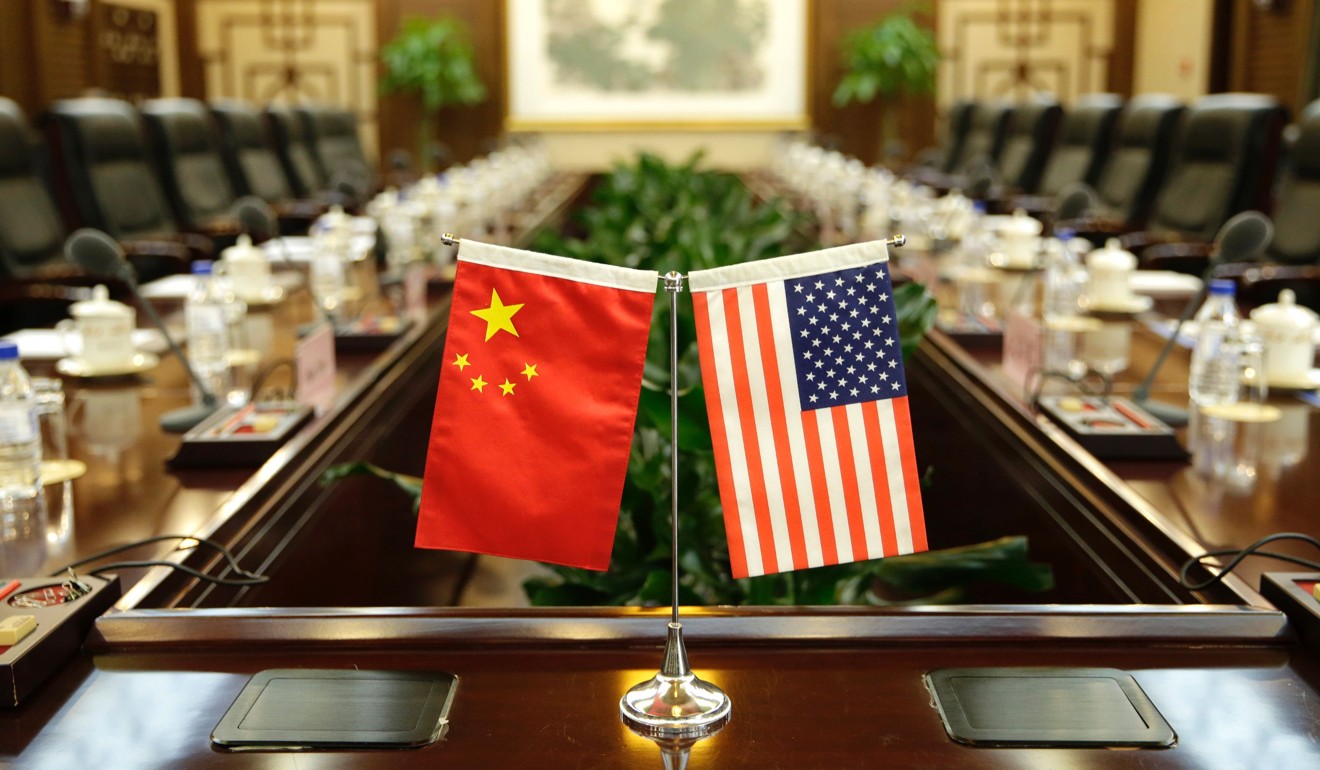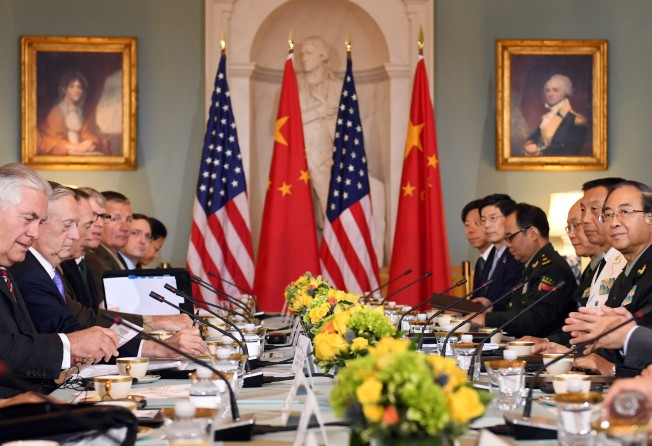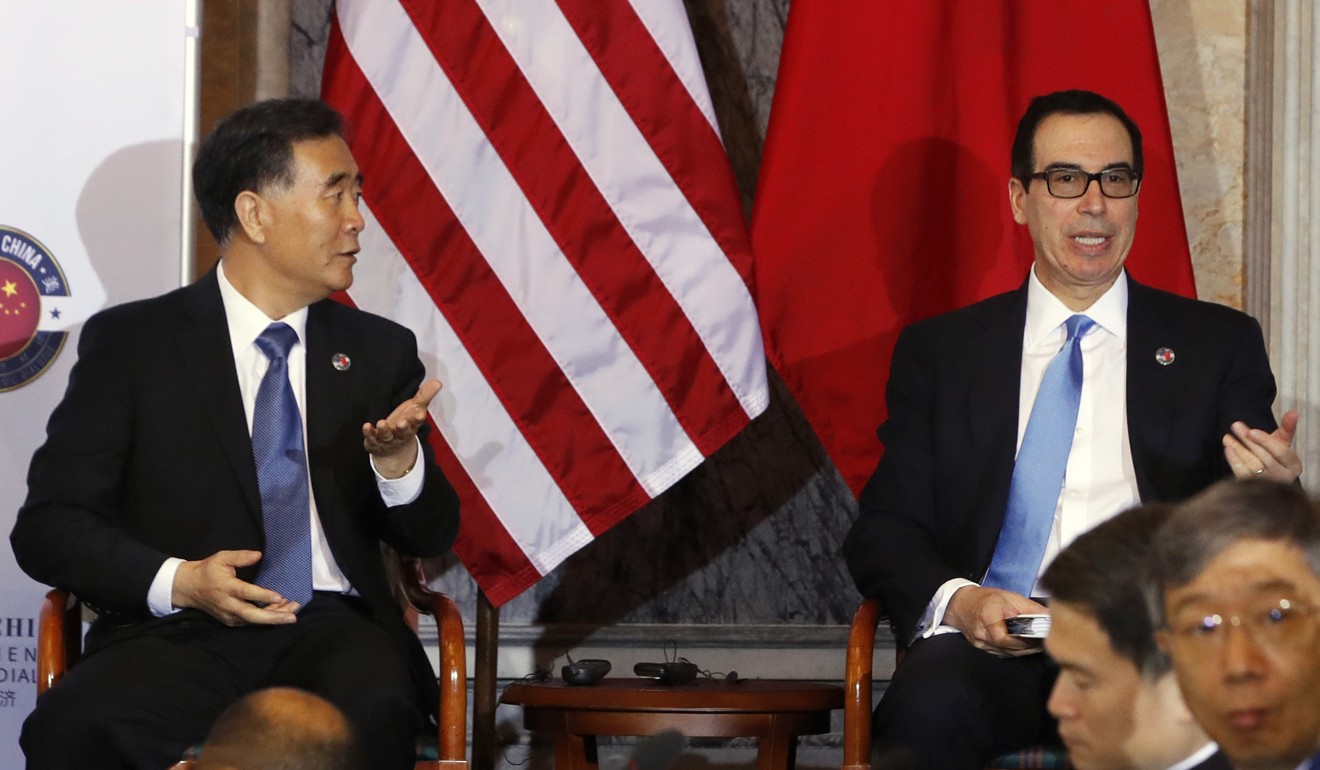
Sino-US trade and investment relationship needs fairness and reciprocity
China will have to invest more overseas, and it’s likely the US will receive increasing amounts of that due to its commensurate size and scale

In the increasingly complicated matrix of global trade and investment relationships, the one between China and the US is the most vital, due to its economic dominance and interactive complexity.
To date, China has accumulated huge amounts of foreign exchange reserves along its path of opening up to the outside world since the 1980s and market economy transition.
As a result, the country now needs more channels for its capital to get abroad, and more tools to equilibrate its balance of payments.
The most reasonable strategy is to achieve a capital account deficit over the current account surplus. That means China will have to invest more overseas, and it’s likely the US will receive increasing amounts of that due to its commensurate size and scale.
Those are the crucial two sides of the current global trade coin.
If we close the normal and well-regulated channels, underground money flow will definitely thrive, which will then create huge amounts of what could aptly be described as “dark matter” and leave us in a place where international policy cooperation and regulatory framework are gravely distorted.
If that turned out to be the case, how could China possibly achieve its trade and balance of payments without being accused by the US of manipulating its currency somehow?

I work at China Investment Corp (CIC), China’s sole sovereign wealth fund. We have witnessed the dramatic increase in the number of Chinese firms making foreign direct investments (FDIs) overseas, particularly in the US.
It is estimated that 70 to 80 Chinese deals were scrutinised by the Committee on Foreign Investment in the United States(CFIUS) last year, in sharp contrast to the single-digit number a decade ago.
Within the investment circle, there is an oft-mentioned figure,10 per cent, which is generally considered to be the rough proportion of Chinese FDIs that have encountered difficulties in their CFIUS applications for security reasons.
It is estimated that 70 to 80 Chinese deals were scrutinised by the Committee on Foreign Investment in the United States last year, in sharp contrast to the single-digit number a decade ago
For Chinese investors, in addition to public market transactions, alternative and direct investments are well on course for a place in their foreign assets portfolios.
CIC has a more urgent need than its peers due to its longer liability duration and asset diversification demand. Hence, achieving China’s balance of payments via capital account outflow is a joint effort between China and its foreign counterparts, of which the US is the most crucial and strategic, taking the CFIUS issue into consideration.
Trade and investment are interlinked, and fair exchange between countries is achieved through reciprocity. However, reciprocity is a loosely defined concept, and is absolutely not a mirror image.
From different angles, the views might be quite different, if not completely opposite.
Whenever there is a debate about the level playing field between China and the US, service sector openness is always targeted to justify one conclusion: China is much less open to the US, especially in financial sectors such as banking, insurance, and electronic payments.
However, the fact is that the opposite may also hold true.

For the US, the financial sector is purely a commercial industry, mainly serving as the intermediary market platform to facilitate economic activities and improve economic efficiency.
All related business activities are mostly market-based. From the perspective of corporate finance, only 10 to 15 per cent of the required capital comes from commercial bank loans; the rest is raised through direct vehicles on the well-established and advanced capital markets.
In contrast, China’s social financing structure is highly skewed to indirect financing, with commercial bank loans accounting for over 70 per cent of overall corporate funding.
Equity and bond issuances are way behind the curve. Therefore, there is a highly significant overlap between the financial sector and China’s real industry, which means we should not speak of financial sector openness as a standalone issue.
A holistic view is highly necessary for such discussions, since the financial sector exerts substantial impact upon the real industry, and in fact has a direct bearing on China’s economic security and national security.
Unobstructed access to the financial sector would mean a de facto entrance into almost all industries in China. With this level of penetration, quite a number of security issues would surely arise.
The conclusion is that openness of China’s financial sector is indeed a security issue, similar to that of the US aviation or high-tech industries, which are shouldering a great deal of national security responsibilities.
Therefore, when we discuss the reciprocity of trade and investment between China and the US, the proper match-up should be the financial sector on China’s side and the aviation industry on the US side.
That brings fairness and contextual realness.
Liu Jun is Executive Vice President, a member of the China Investment Corp’s executive committee, and a member of the Renmin University of China’s Academic Committee of International Monetary Institute. His opinions are entirely his own.